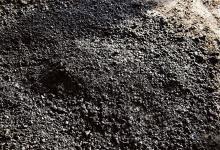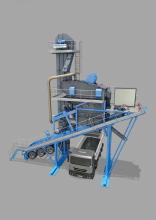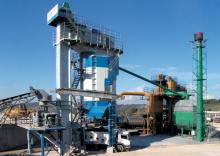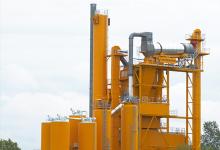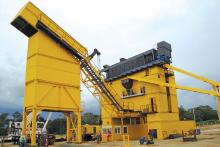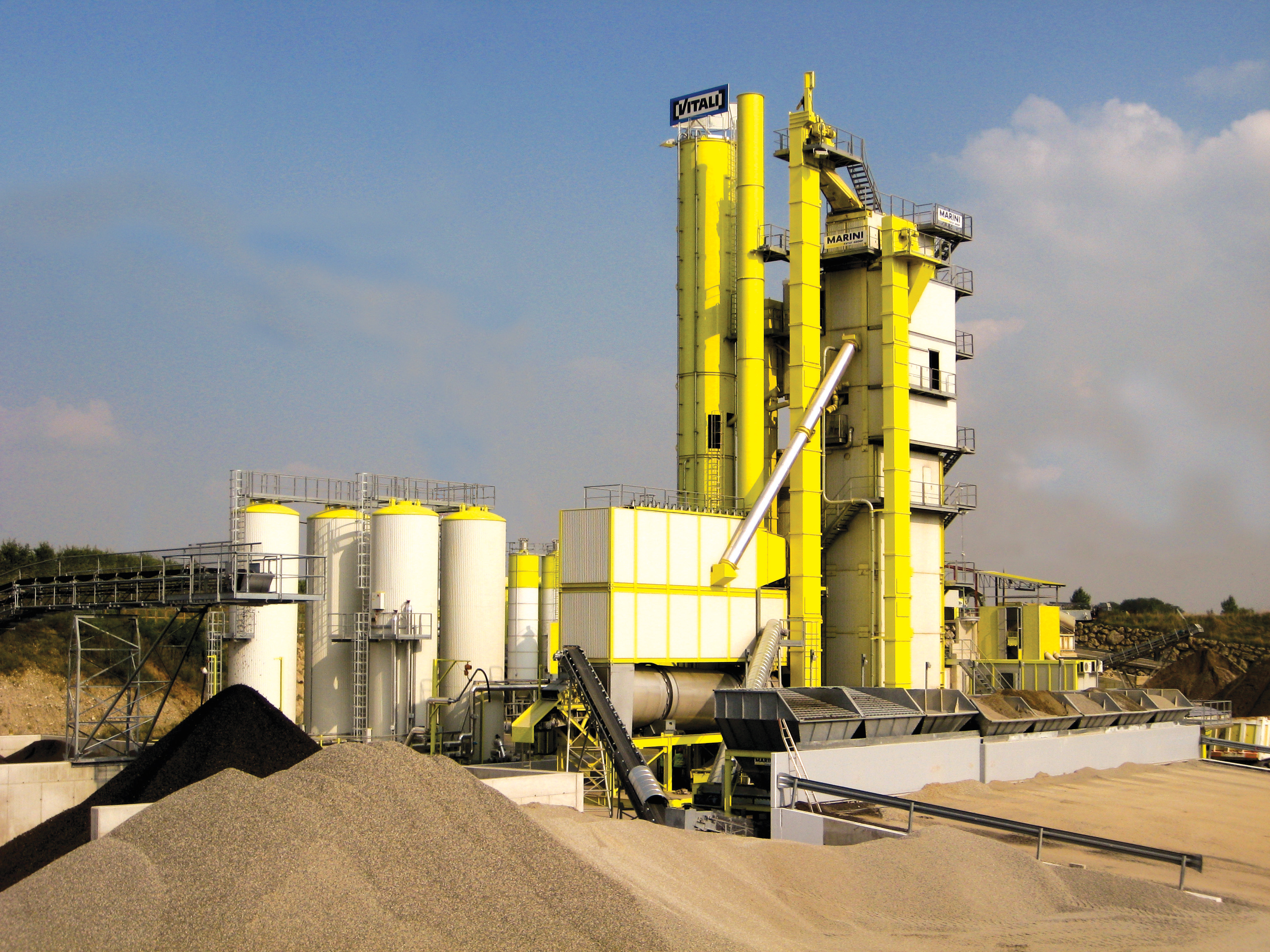
The asphalt industry is responding with innovative solutions to the call for reductions in emissions. Patrick Smith reports
The current economic climate and the push to reduce all types of emissions while increasing the use of recycled materials have put pressure on industry to come up with answers.
Asphalt production is no exception, and it is tackling these issues vigorously with innovative solutions, including the increasing use of warm asphalt mixes in Europe (a trend that is now catching on in the USA and elsewhere); plants that can use high quantities of reclaimed asphalt pavement (RAP), and plants that can be retrofitted with the necessary accessories.
At the recent World of Asphalt conference and exhibition in Cincinnati, USA, Matthew Corrigan of the US
Other claimed benefits are savings in energy consumption; greater workability offering a longer construction season and an extended workability window; "performance and quality at least equivalent to that of hot mix asphalts", and it is suitable for base and surface layers.
"It is usually possible to lower the mixing temperature by at least 20°C and sometimes by as much as 70°C," said the company.
Indeed, it said that the first asphalt mixing plant capable of producing quality aggregate from 100% RAP using a special parallel drum has been put into operation in North Germany where an improved drying and heating process increased efficiency and enabled fuel savings of around 10%.
The New Top Tower TT4000 model from the
The TT4000 uses some of the features from the Top Tower TT3000 unit launched last year but now offers a throughput of 260tonnes/hour. This new plant comes in addition to existing plants, which have outputs of 180-200tonnes/hour.
According to sales and marketing manager Jacques Bonvallet: "This machine is not only bigger, the design is basically the same as the TT3000 but is now able to facilitate retrofits coming in the next few years."
He explained that as asphalt technology is evolving, Fayat is keen for its machines to have capabilities for further modifications as required. The TT 4000 has been designed so that it can meet the needs of customers for the next 20 years in mind and allow changes as they are developed.
Astec said that the Double Barrel Green system saves energy and eliminates smoke and emissions without compromising mix quality and uses water to produce foamed warm mix asphalt that is odourless, smokeless and longer lasting. The company claims that with the Green Pac System an operator can decrease fuel consumption 14% by decreasing the mix temperature while having the ability to run higher percentages of RAP.
Terex's warm mix system features an in-line installation, so both hot and warm mix liquid AC is sent through a single pipe into the drum, a new set up that is said to offer several advantages for producers with extremely congested plant layouts.
Turkish manufacturer
"CESAN plants can reduce energy consumption, greenhouse gas emissions and improve efficiencies by reducing fuel consumption with its completely self-designed dryer, which operates on the basic principle of heat transfer to the aggregate. From this point for each 1tonne of asphalt a minimum of 1litre of fuel can be saved," said the company.RSS

